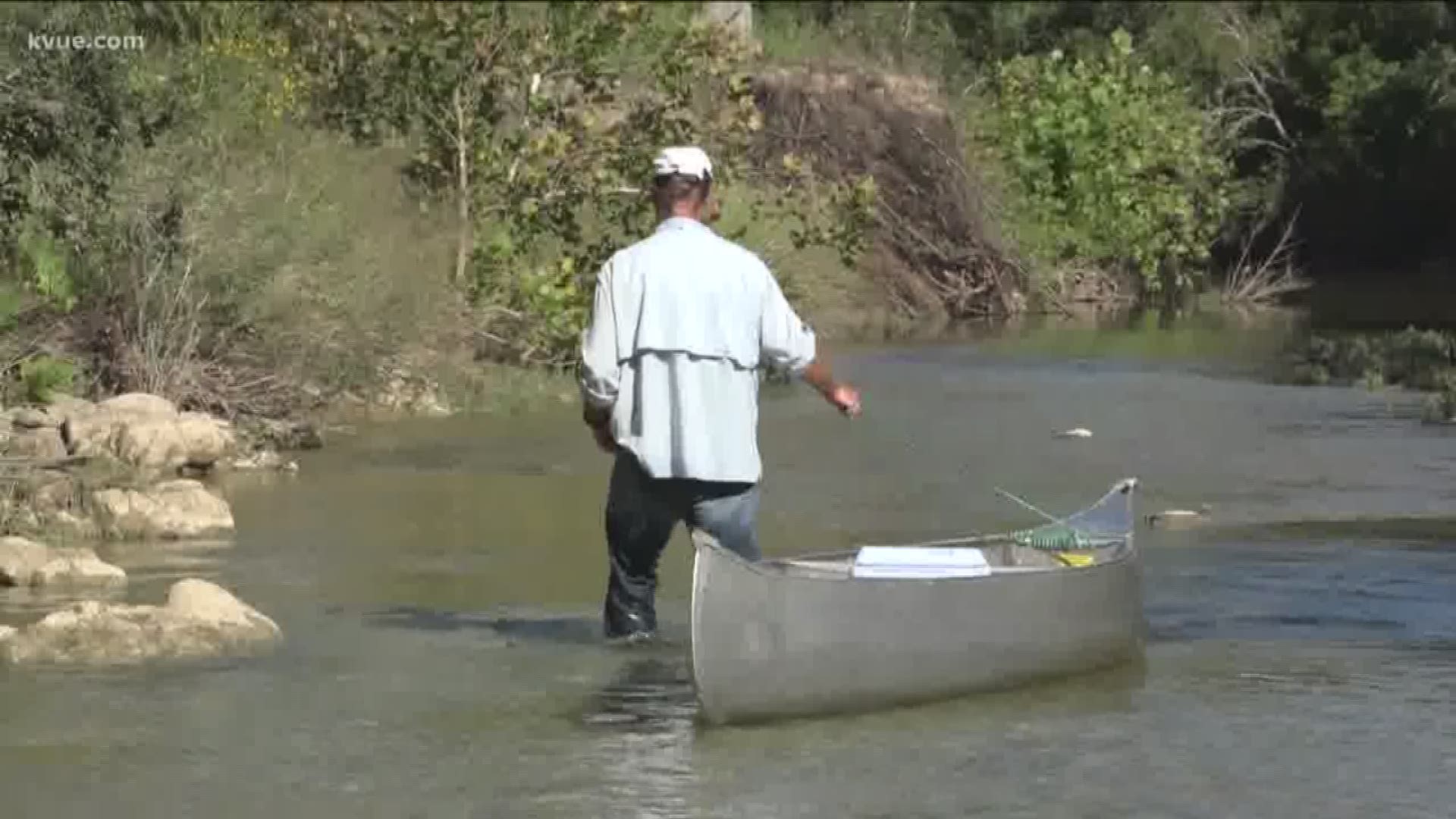DRIPPING SPRINGS, Texas — Environmentalists want a judge to stop the City of Dripping Springs from dumping treated wastewater into Onion Creek.
The Texas Commission on Environmental Quality approved the permit this past February, calling it the “most stringent.”
Attorneys with Save Our Springs Alliance filed suit seeking a full reversal of the permit. If it happens, Dripping Springs will need another place to discharge the water.
City leaders say they need the permit for growth, but environmentalists say it violates federal laws.
The plaintiff’s original petition shows, “…the City will not need to discharge this volume of water during the entire permit term. Permitting a five-year permit based on 10 years of needs undermines the Clean Water.”
Kelly Davis, staff attorney with Save Our Springs Alliance, said they have members who live along Onion Creek who are worried about the permit.
“More significantly for us is the biological impacts that growth of algae will have. The algae changes the entire ecological community. The stream species that have adapted to the natural state of the creek are pushed out while species that are more tolerant of pollution come in,” Davis said.
The lawsuit shows six claims of errors by TCEQ.
“It basically boils down to TCEQ ignoring the facts and misapplying the law,” Davis said.
RELATED: The dirty truth about Texas water
TCEQ officials said they don’t comment on pending litigation.
In February, Media Relations Specialist Andrew Keese commented on Save Our Springs concerns during the permitting process.
“The administrative law judge concluded that Save Our Springs’ concerns lack sufficient evidentiary support and are outweighed by controverting evidence. Additionally, the administrative law judge concluded that the draft permit will be protective of water quality and the uses of the receiving waters under the applicable Texas Surface Water Quality Standards,” said Keese at the time.
This lawsuit will be up to a district judge to decide.
"We are saying that TCEQ did not accurately apply the Clean Water Act standards because had they done that, given the facts how much nitrogen and phosphorus will add to the water, there's no way they could have issued this permit,” said Davis.
PEOPLE ARE ALSO READING:


